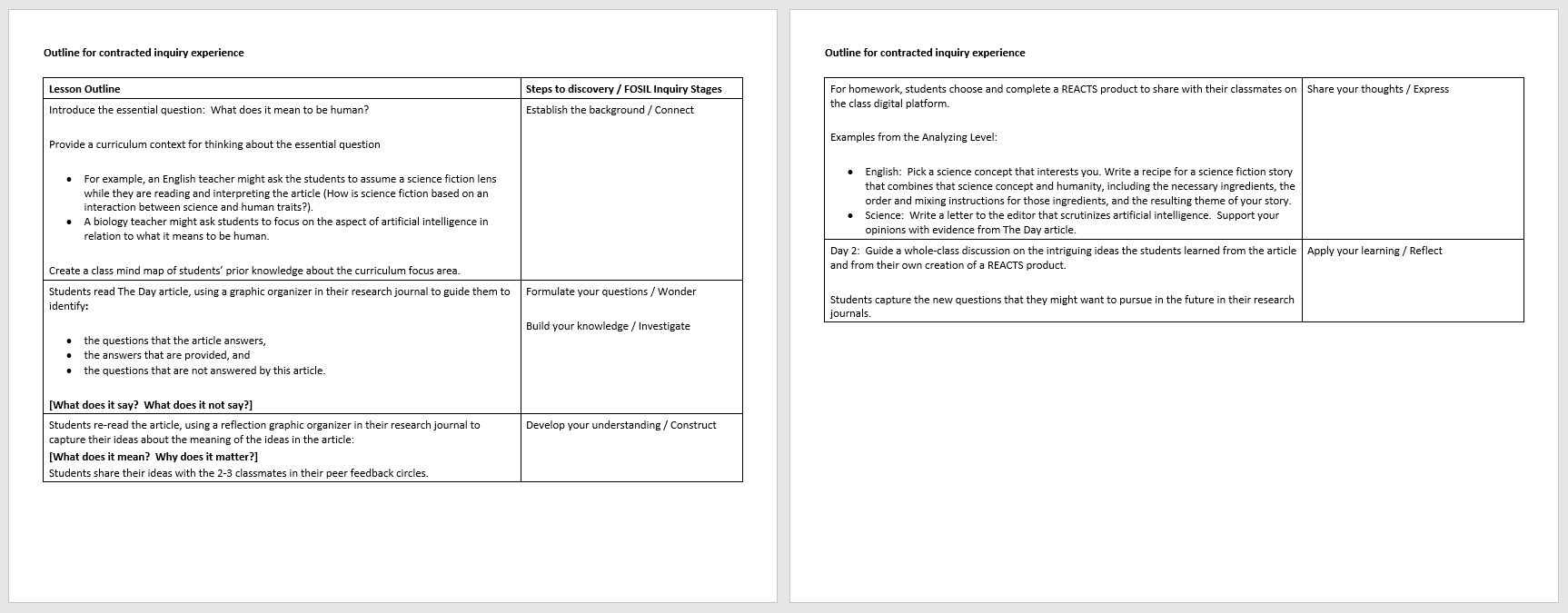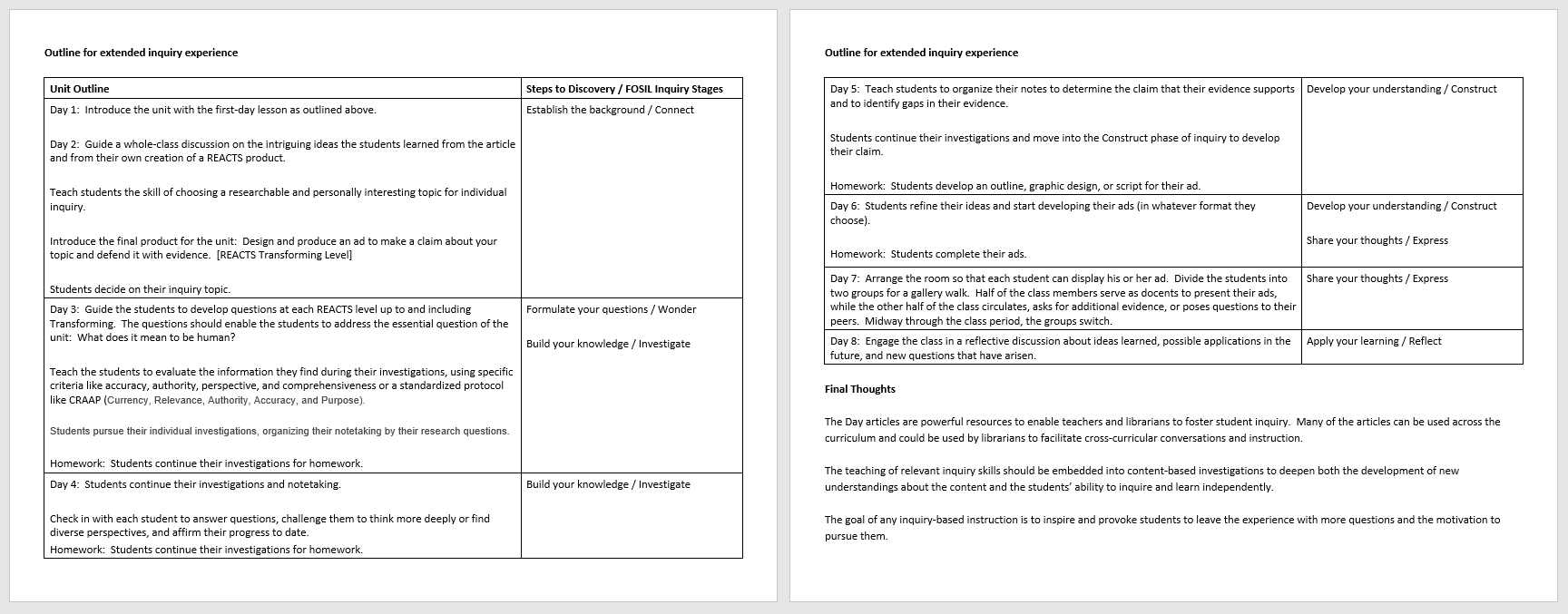I am reminded by these two essential questions of Francis Fukuyama’s preface to Our posthuman future : consequences of the biotechnology revolution (2003), in which he revisits his argument that “Hegel had been right in saying that history had ended in 1806, since there had been no essential political progress beyond the principles of the French Revolution [which signalled] a broader convergence toward liberal democracy around the globe” (pp. xi-xii). This convergence toward liberal democracy, he argued, was tied to human nature, and he goes on to explore the greatest challenge to this end-of-history thesis, which is the very real potential of biotechnology to fundamentally alter human nature. Given this near-total collapse of the boundary between non-fiction and science fiction, the power of these essential questions becomes clear: on some level human nature gives rise to technological invention, which, in turn, calls into increasingly literal question what it means to be human in nature.
As Barbara touches on, once you adopt an inquiry stance of wonder and puzzlement on the world, essential questions serve the dual purpose of focusing the inquiry [lest we get too carried away] and energizing it [carrying us away].
Our instructional designs for a contracted and extended inquiry experience follow:
Lesson outline (click image to expand):

Unit outline (click image to expand):

References
Fukuyama, F. (2003). Our posthuman future : consequences of the biotechnology revolution. London: Profile Books.